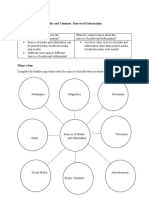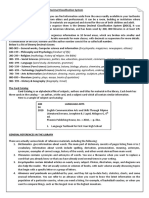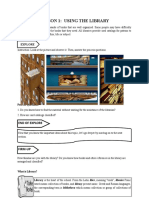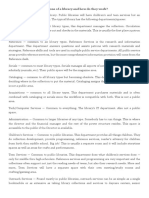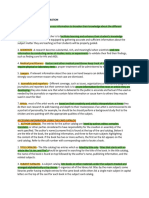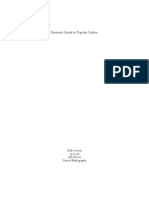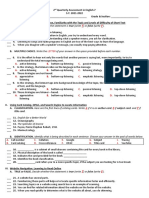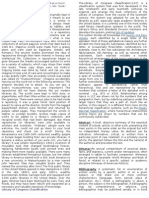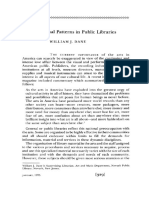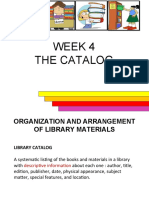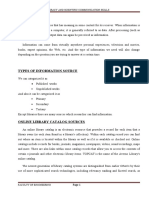0% found this document useful (0 votes)
11 views18 pagesCheck Out The Library
Check out the Library story for grade four or five students.
Uploaded by
Heba NabilCopyright
© © All Rights Reserved
We take content rights seriously. If you suspect this is your content, claim it here.
Available Formats
Download as PDF, TXT or read online on Scribd
0% found this document useful (0 votes)
11 views18 pagesCheck Out The Library
Check out the Library story for grade four or five students.
Uploaded by
Heba NabilCopyright
© © All Rights Reserved
We take content rights seriously. If you suspect this is your content, claim it here.
Available Formats
Download as PDF, TXT or read online on Scribd
/ 18








